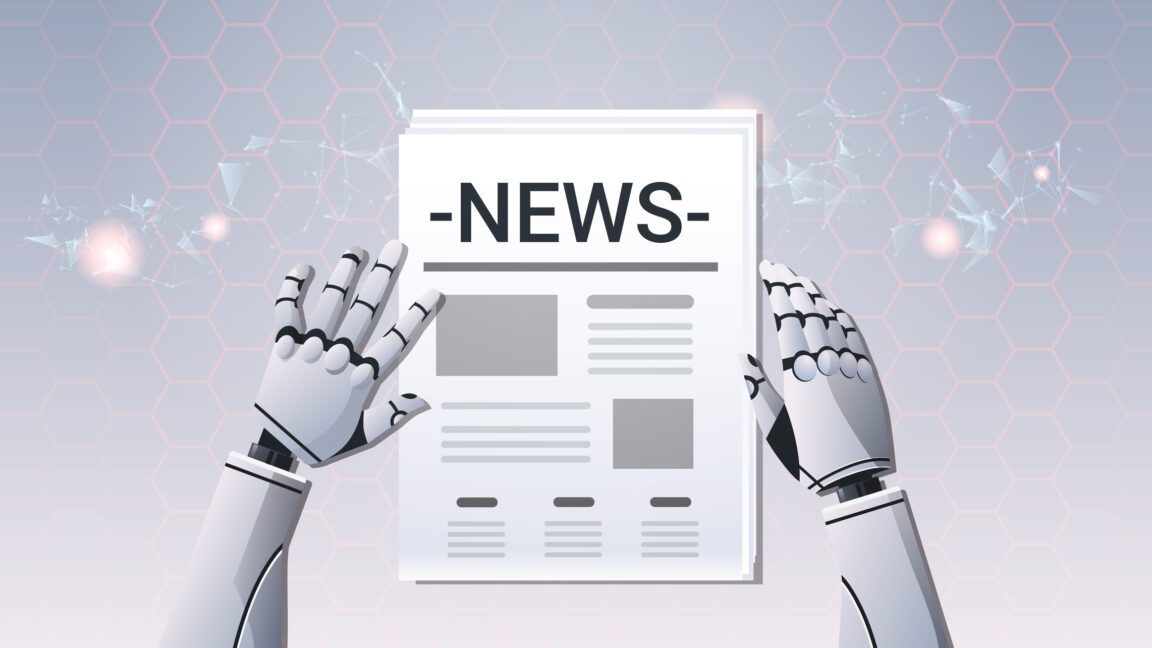The new partnership between Affirm and Experian means the impulse-buying economy will be running headlong into America’s data-mining ecosystem
Buy-now-pay-later is a juggernaut that’s long been absent from consumers’ credit reports. A recent deal with Affirm means that’s no longer the case.

- As more and more products become available for purchase in installments—even takeout food and groceries—credit-reporting bureaus are moving to incorporate that data into consumers’ profiles. Affirm began sharing data with Experian and has been feeding information to the developer of the FICO score. In other words: The impulse-buying economy is running headlong into America’s data-mining ecosystem.
Four in 10 Americans have used a buy-now-pay-later (BNPL) provider like Klarna, Affirm, or Afterpay to put purchases from handbags to burritos on installment payment plans. But for a long time, those payment plans have been a blind spot for credit-reporting bureaus that were more concerned with traditional credit like credit cards or student loans. That’s changing in a big way.
Affirm, which has 21 million users, started reporting customers’ activity to Experian on April 1. While the information won’t be used for consumers’ scores “in the near term,” it may be “in the future as new credit scoring models are developed,” the companies said in an announcement.
“This is the right thing to do for consumers, the industry and the economy at large,” Scott Brown, group president of financial services at Experian North America, said in the announcement. (An Experian spokesperson told Fortune, without specifying a date, that once "BNPL information is more widely reported to Experian from other leading BNPL providers, a consumer’s BNPL history will be visible to lenders" as part of a credit report.)
The other two credit reporting bureaus, TransUnion and Equifax, have made similar moves. TransUnion collects some term loan data from Klarna, which has the bulk of the BNPL market, and has been collecting BNPL data broadly since last year. While it’s currently only visible to consumers, eventually, the lenders who buy and use credit reports will be able to “turn on” this data and use it to evaluate consumers’ creditworthiness. (A Klarna spokesperson told Fortune the data sent to TransUnion currently only includes longer-term loans, not the company's popular four-payment plans.) Equifax, meanwhile, has made it possible for BNPL providers to report payments since 2022.
And Fair Isaac Corporation, which develops the FICO score used by the largest lenders, has partnered with Affirm to incorporate its data into consumers’ scores, company CEO William Lansing said on an earnings call last month.
“We've been working with Affirm with their data and ours to see how we can extract a little more prediction out of incorporating the Buy Now, Pay Later, along with other elements of the credit files, into the FICO Score," he said.
“Anytime you can bring alternative data or data that hasn't historically resided in the credit file to the decision, you're going to get a better decision,” Lansing added.
An Affirm spokesperson said reporting BNPL data would benefit consumers and pointed to a study the fintech company conducted with Fair Isaac Corp. to this effect.
"Reporting to credit bureaus helps protect consumers. It allows them to build their credit histories and enables responsible underwriters to make smarter lending decisions," the person said in a statement.
"We have long actively engaged with stakeholders across the industry, including credit reporting agencies and FICO, and will continue to do so. Affirm underwrites every transaction before making a real-time credit decision. We have zero business benefit to extending credit that can’t be repaid as there are no late fees or hidden charges with Affirm."
It’s not like regular credit
The shift in how BNPL is now treated reflects not only credit bureaus’ technological capability, but the explosive popularity of these installment-loan services.
Some 40% of consumers have at least tried a BNPL product and 1 in 4 use it “with some regularity,” a 2024 TSG study found. Klarna, the global leader, boasts 93 million customers; PayPal says 32 million have used its installment-pay option since 2023; Afterpay has 5 million. And those users tend to skew younger, poorer, and have lower credit scores than Americans overall, the Consumer Financial Protection Bureau found earlier this year.
“These are short-term loans that can be risky if there are multiple loans taken out, and they can be risky separately if [consumers] fall behind and impact their credit that way,” Christine Hines, senior policy director at the National Association of Consumer Advocates, told Fortune.
Currently, she added, there is no consistent standard for reporting users’ BNPL purchases, with some BNPL-using retailers reporting information and others not. “There's a lot of inconsistency, and I don't think that helps consumers who take out these loans,” she said.
More and more retailers now offer installment-pay options—even for spur-of-the-moment purchases like Instacart and DoorDash. Klarna announced a partnership with DoorDash last month that would allow shoppers to pay in installments for purchases over $35, a few dollars more than the median DoorDash order of $30.
“This partnership gives DoorDash customers an easier way to pay upfront, with Klarna Pay in full, and spread the cost of larger purchases with Klarna’s interest-free, installment-based credit options – especially important as DoorDash expands its offering into electronics, big-box retail and gifts," a Klarna spokesperson told Fortune.
For many economists, this trend shows that America’s credit-driven economy is set for a collision course with the data-driven side.
"Eat now, pay later is an awful trap," Douglas Boneparth, a financial advisor based in New York, wrote on X. "If you need to borrow to have a burrito delivered to you, you are the product. Nothing more."
“There’s also the impulse-control aspect of this,” economic commenter Kyla Scanlon said on Instagram recently. “The entire attention economy is about hooking people and monetizing that in small increments.”
She noted, “We don’t even have to put on pants—just app it to you and worry about everything else later.”
Update, April 4, 2025: This article has been updated with comments from Affirm and Klarna.
This story was originally featured on Fortune.com


![How to Find Low-Competition Keywords with Semrush [Super Easy]](https://static.semrush.com/blog/uploads/media/73/62/7362f16fb9e460b6d58ccc09b4a048b6/how-to-find-low-competition-keywords-sm.png)

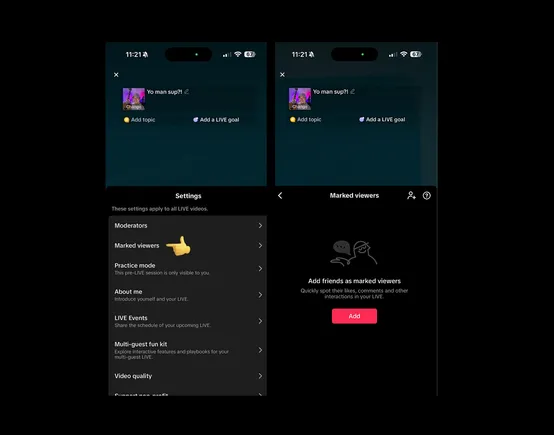



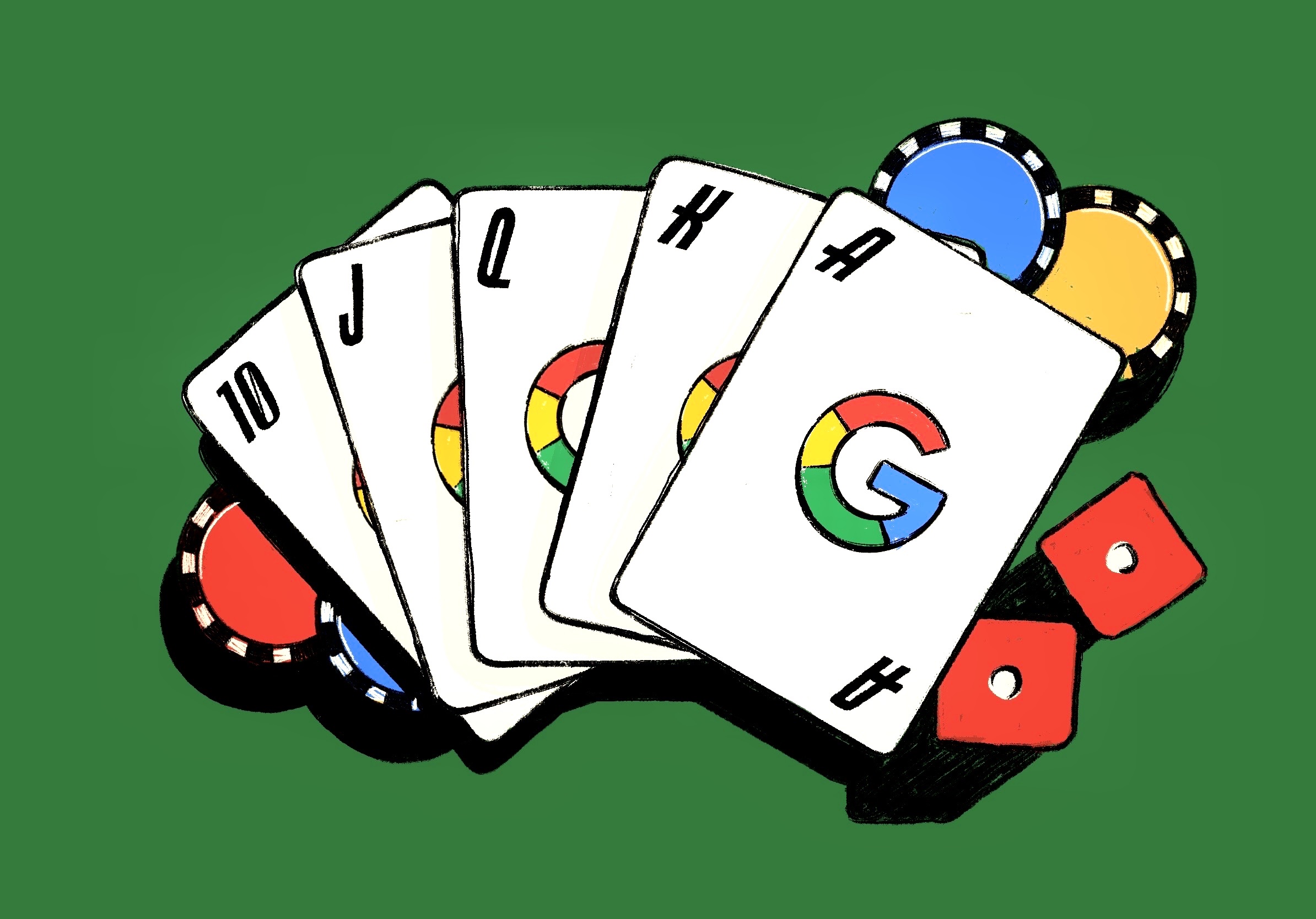
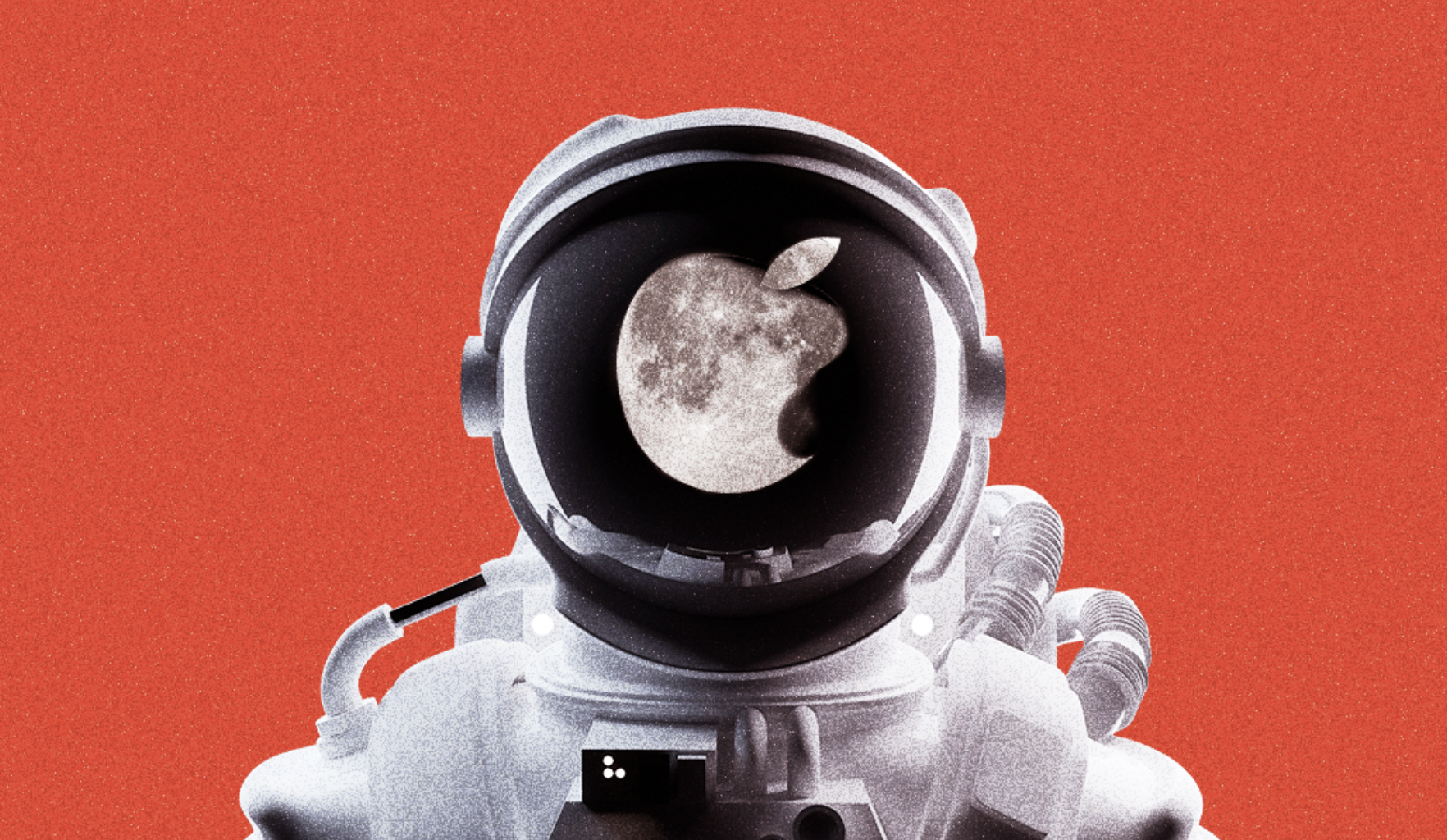

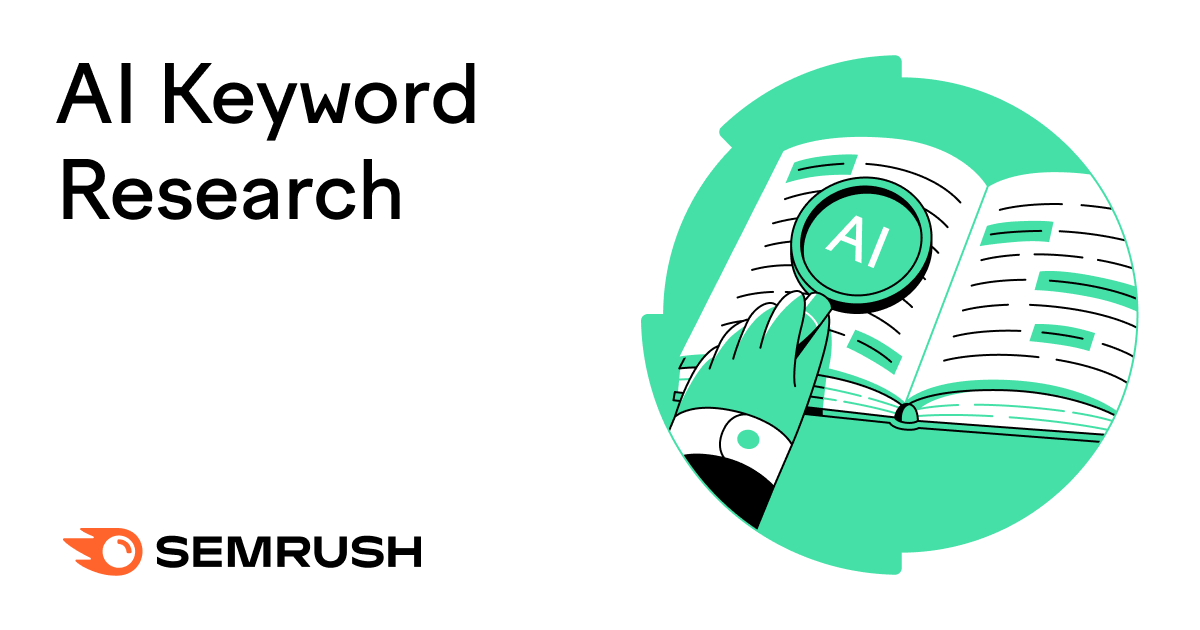
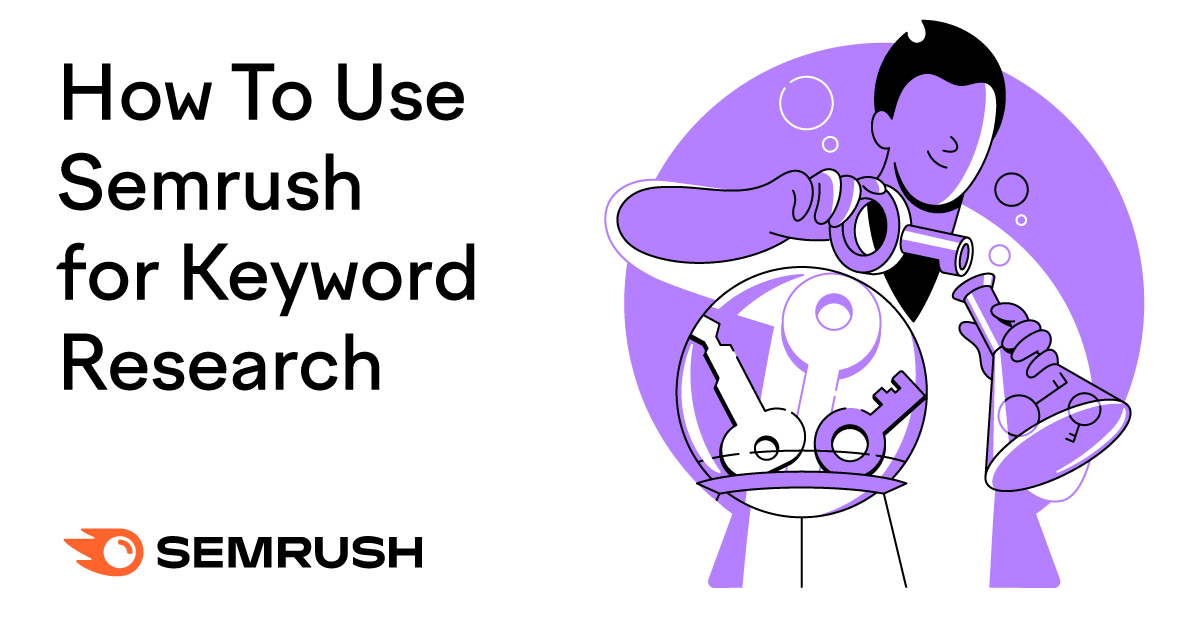















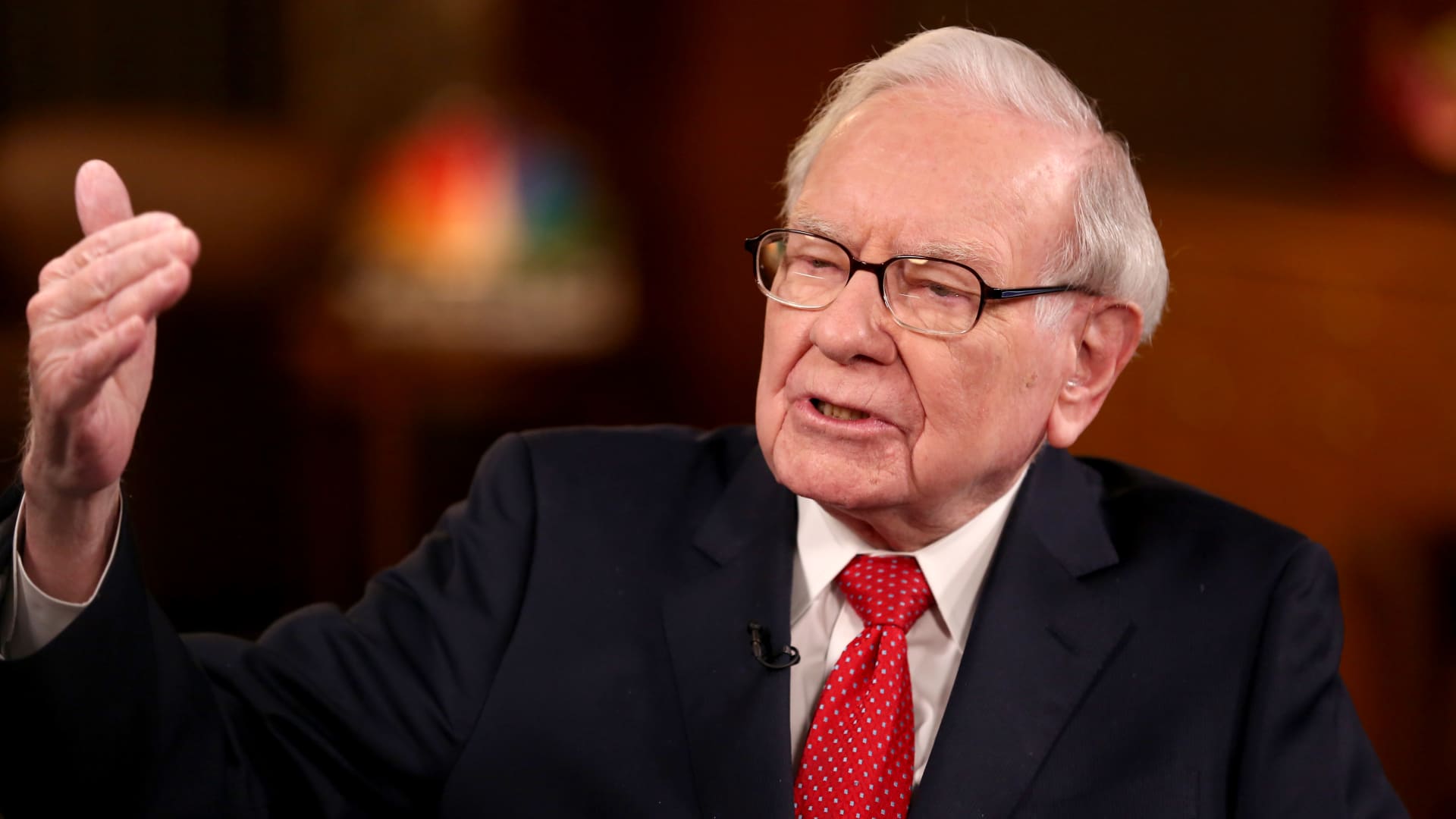



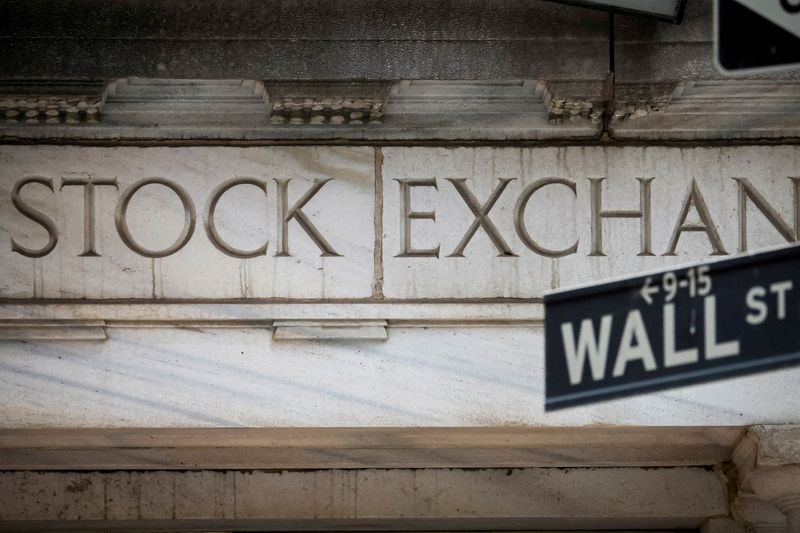
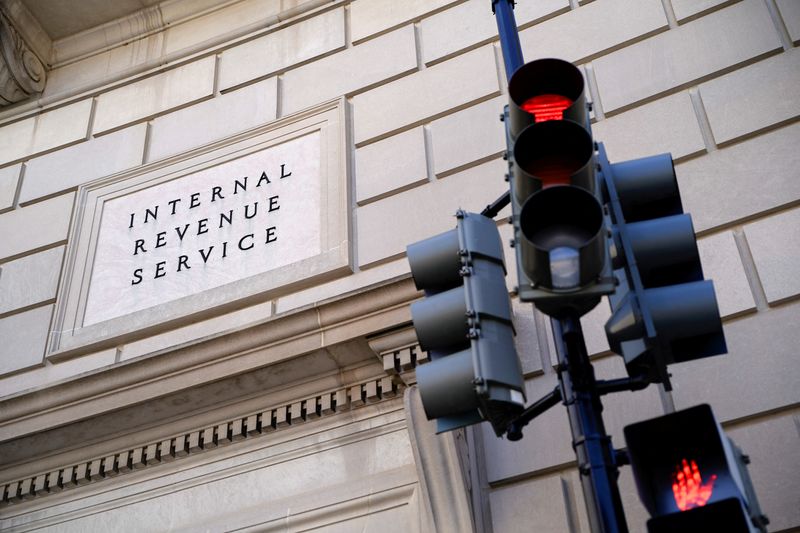









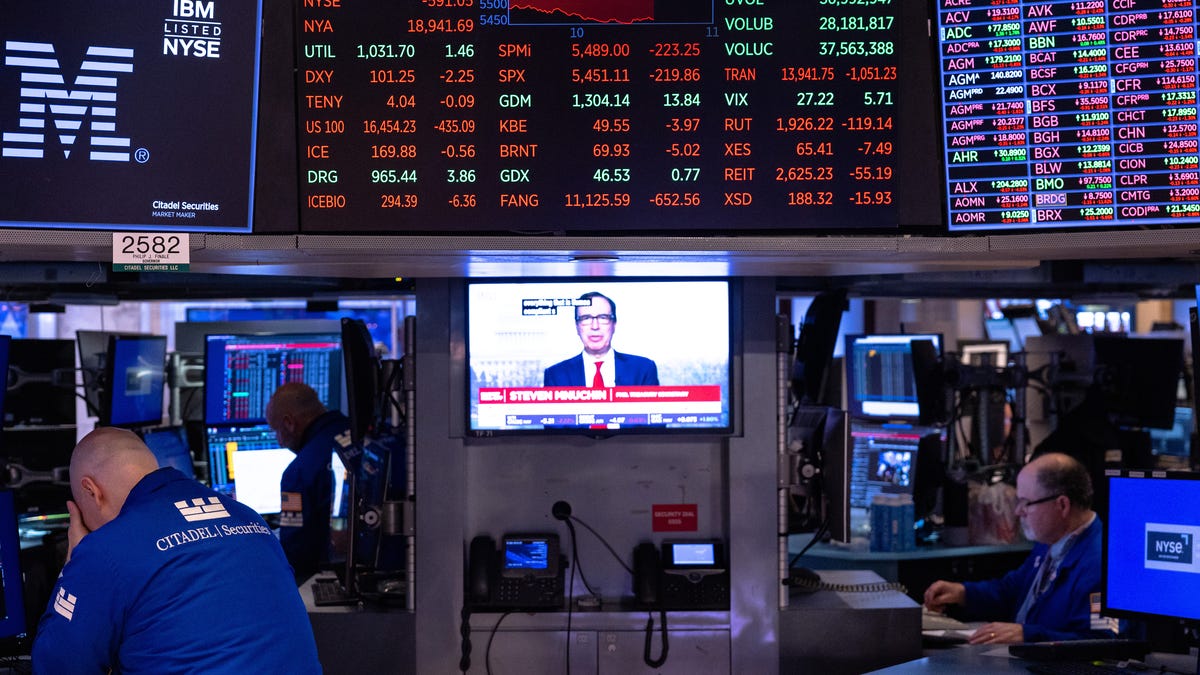
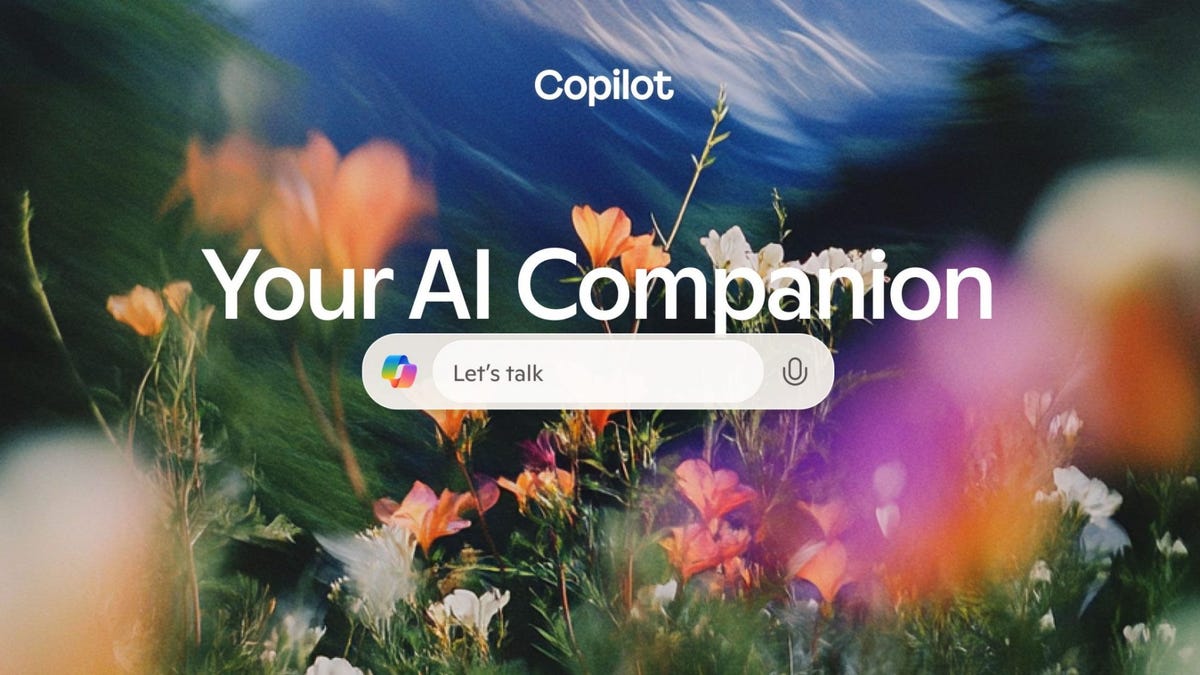








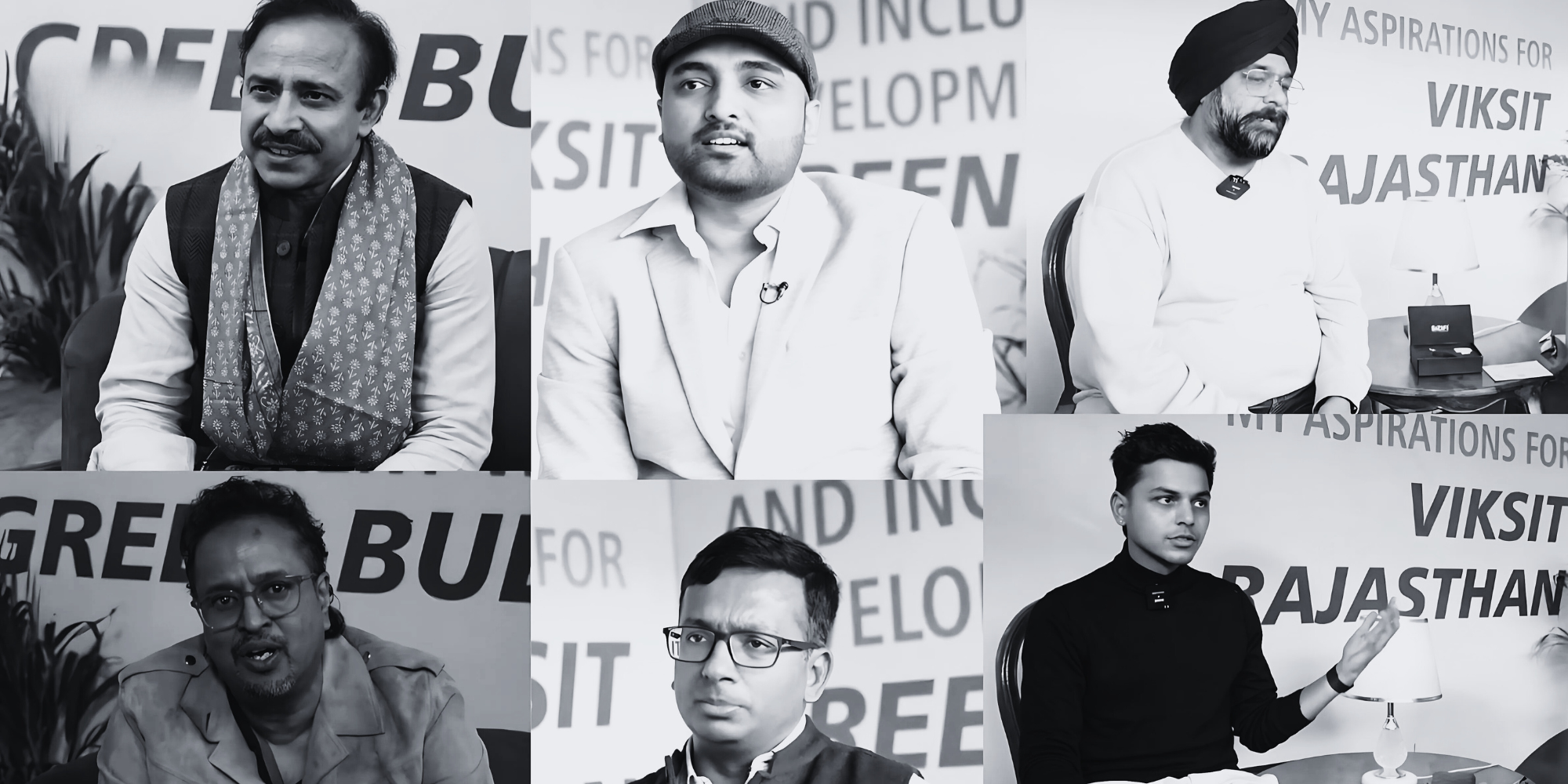



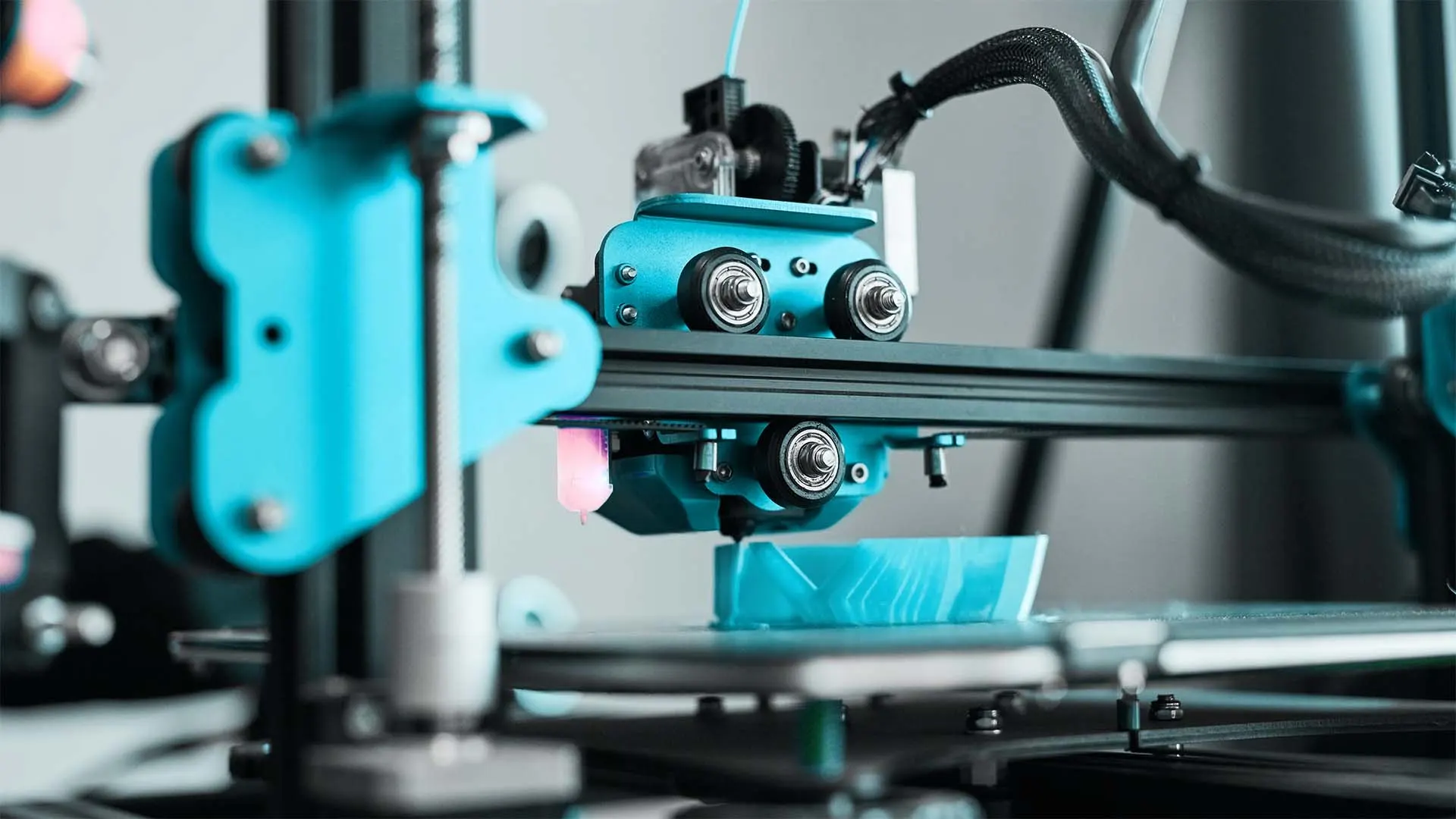
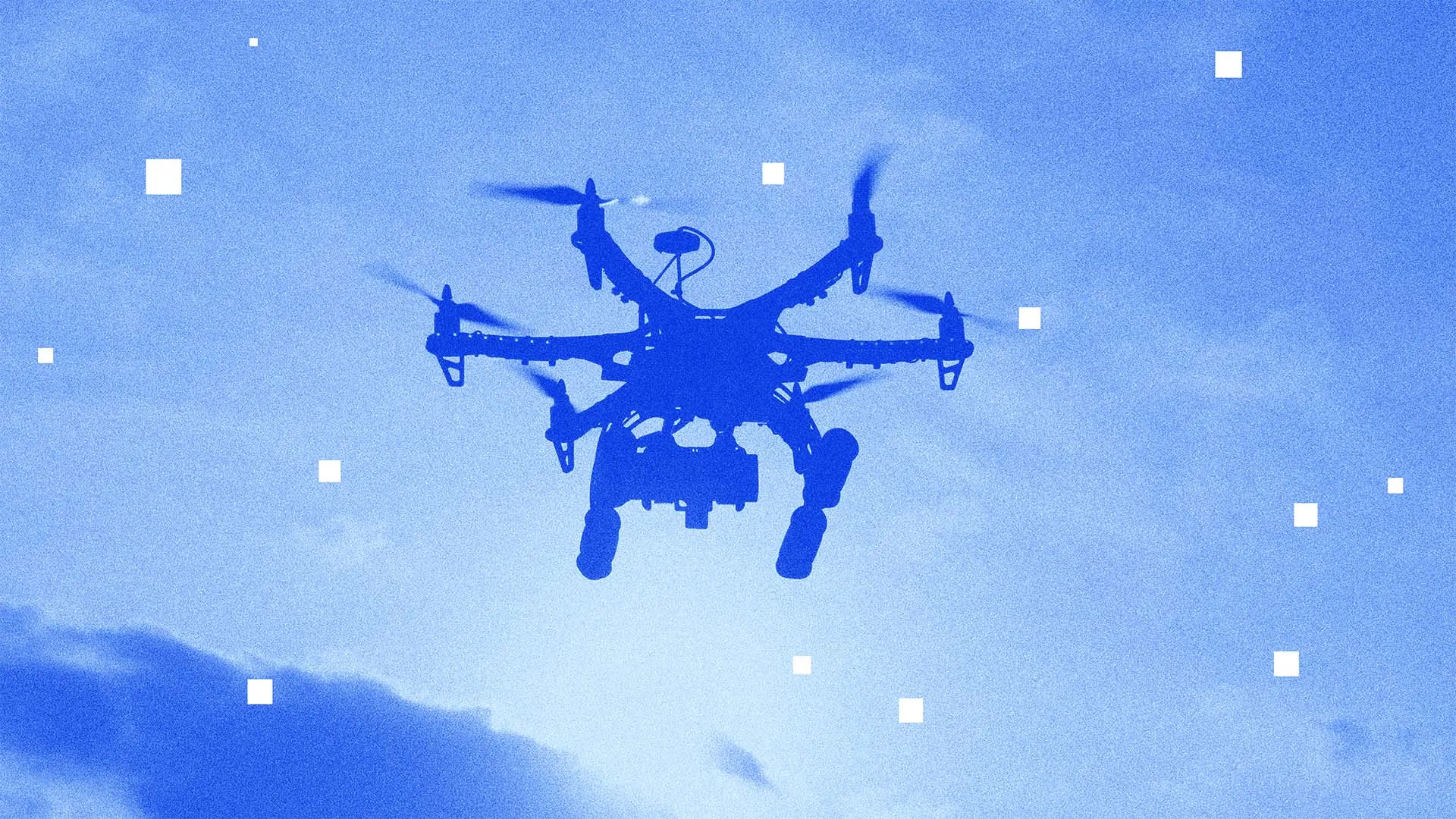
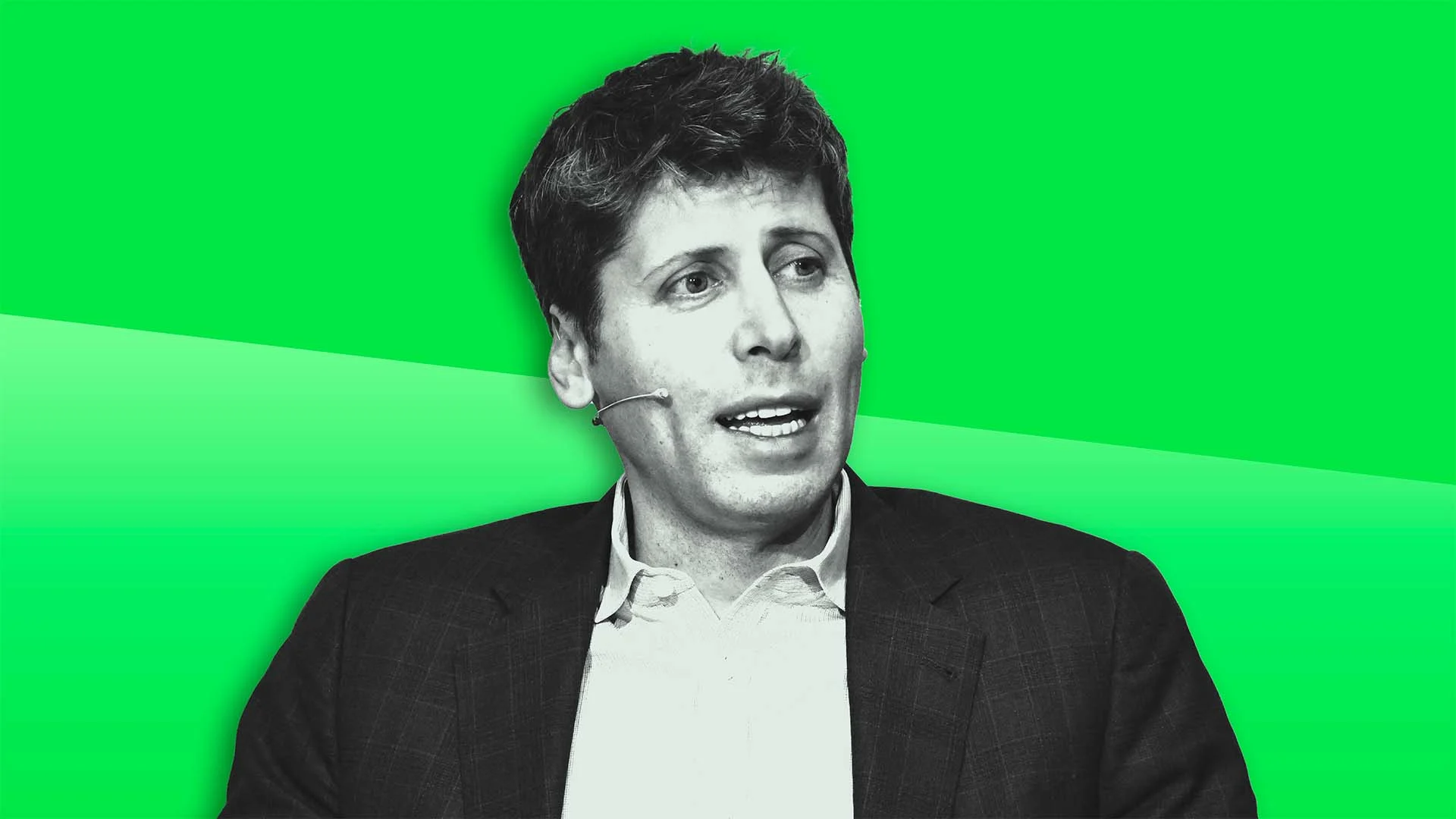















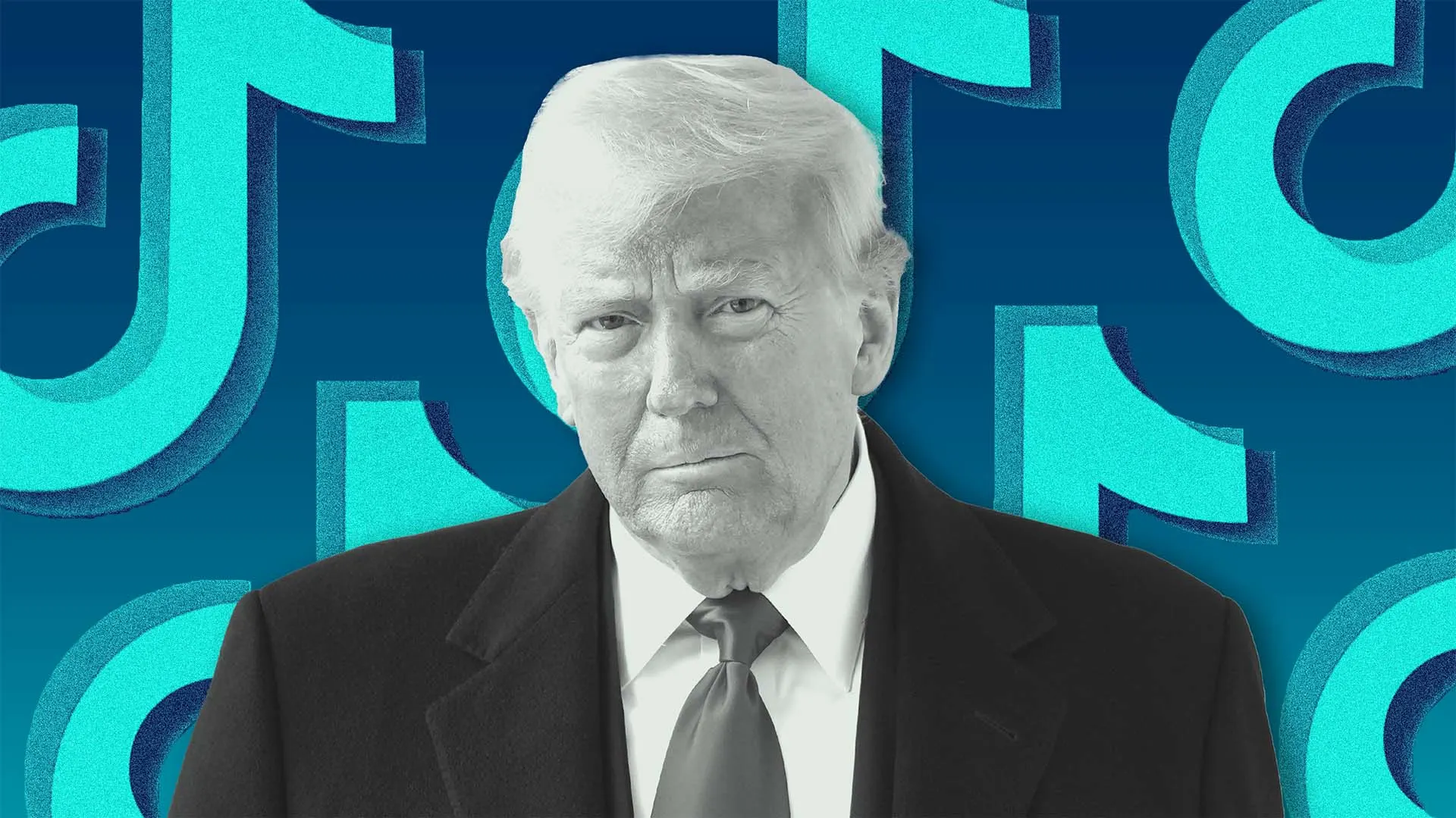












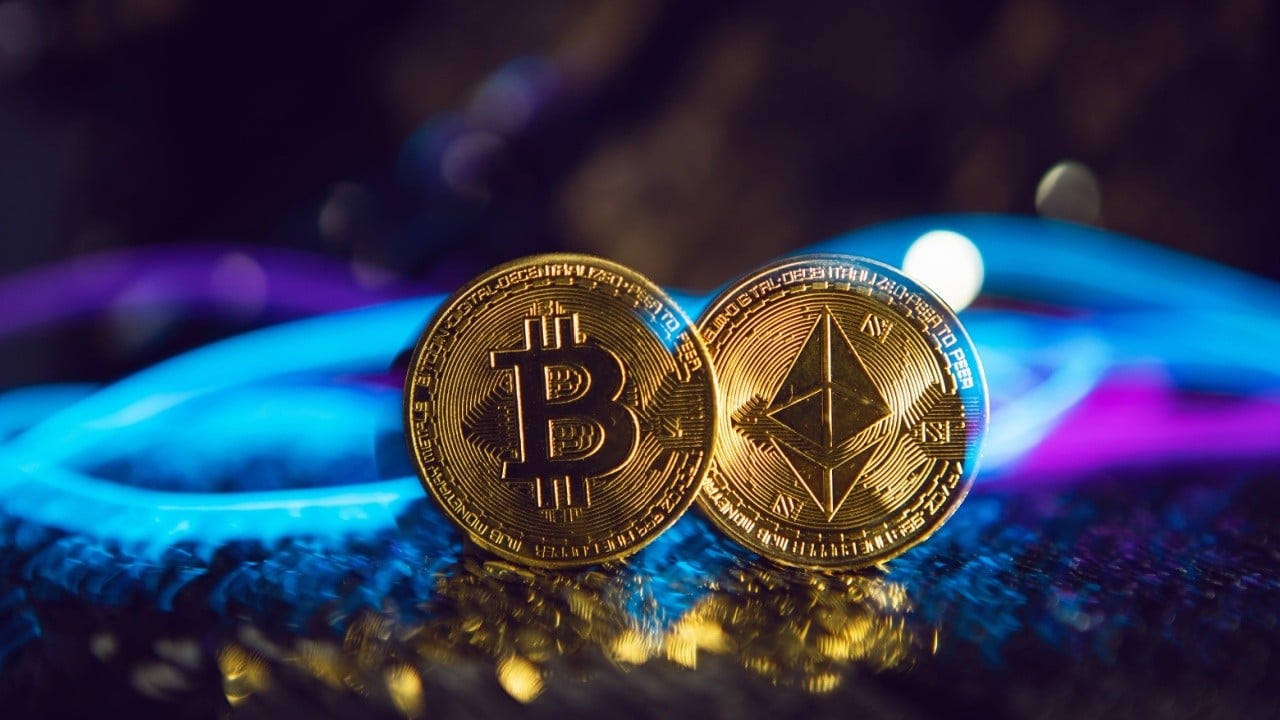


















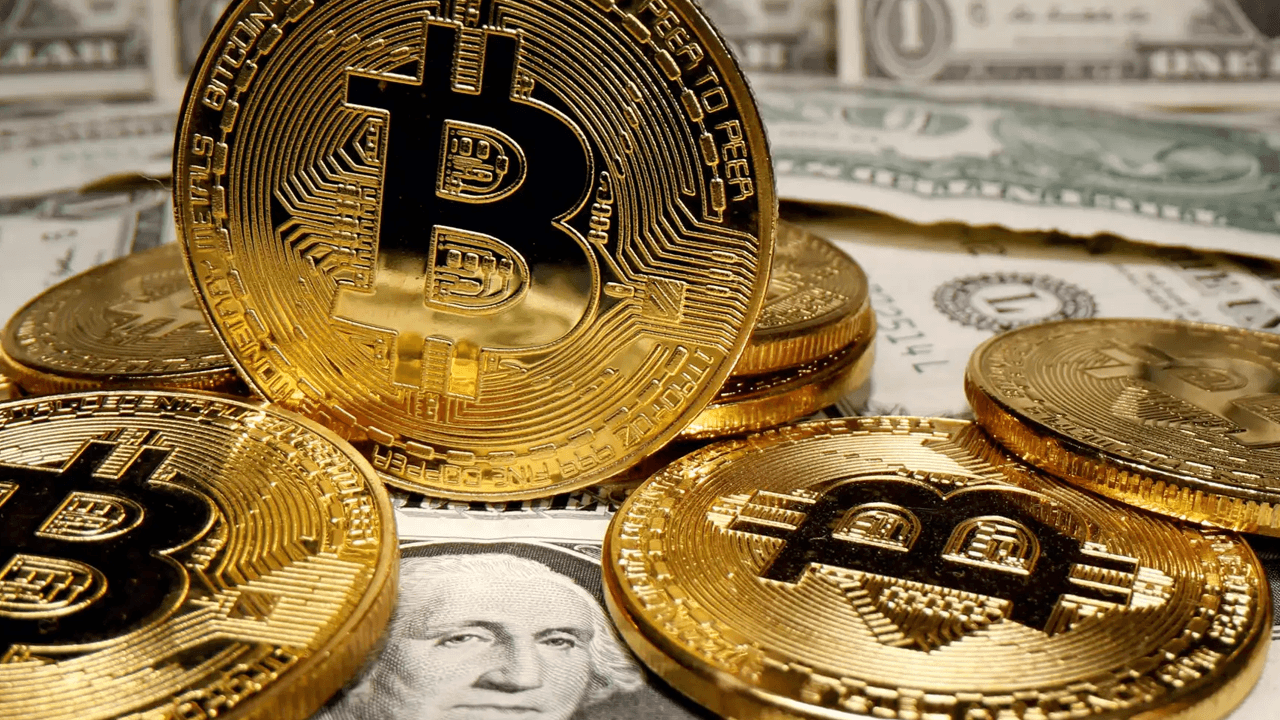
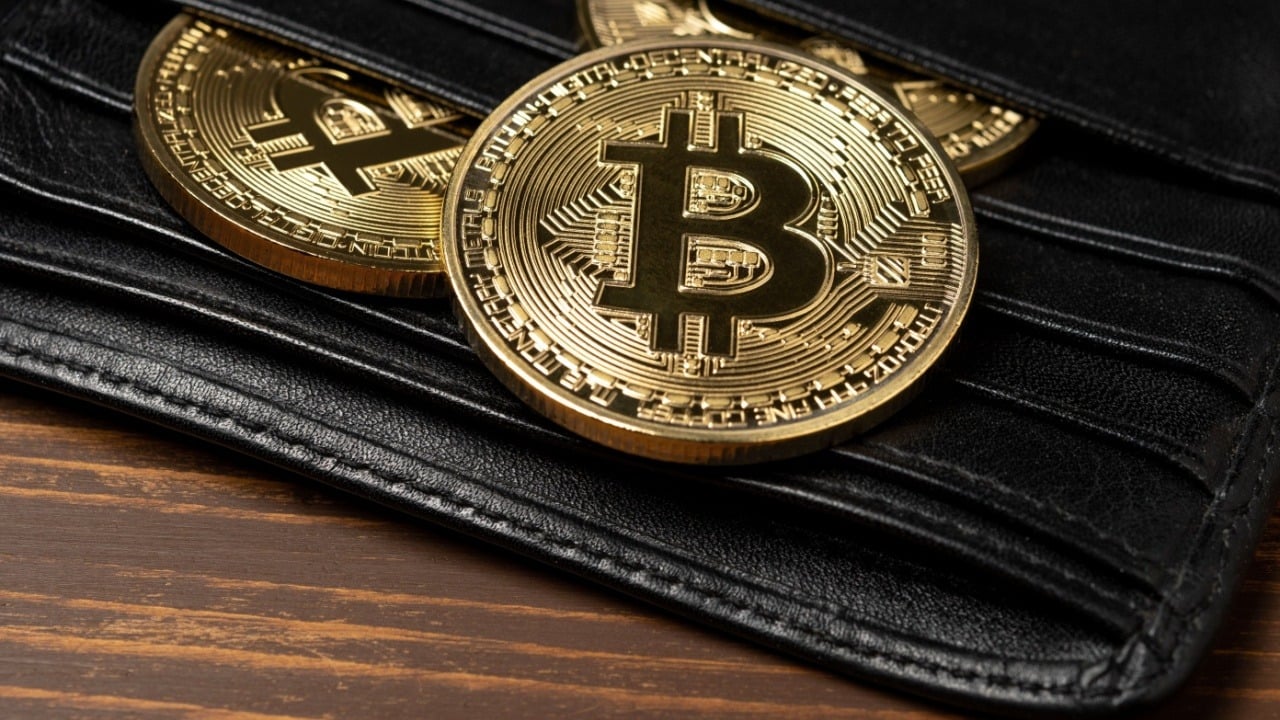

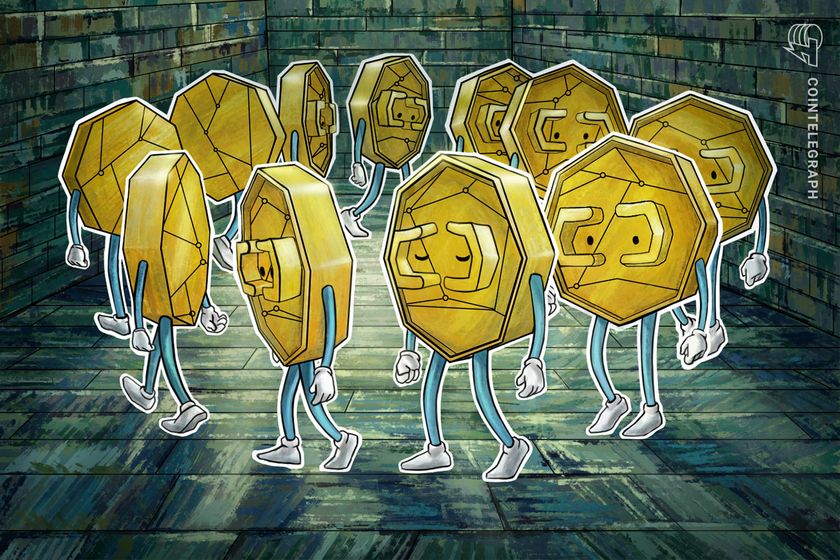
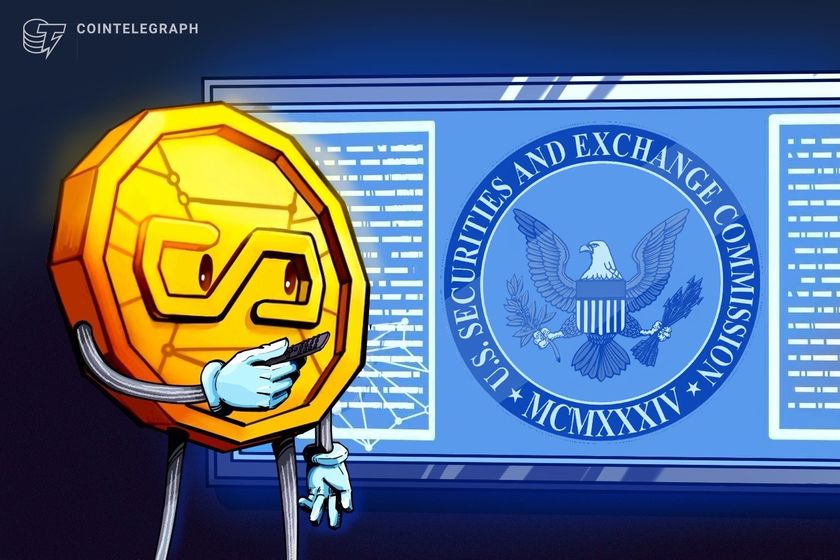



















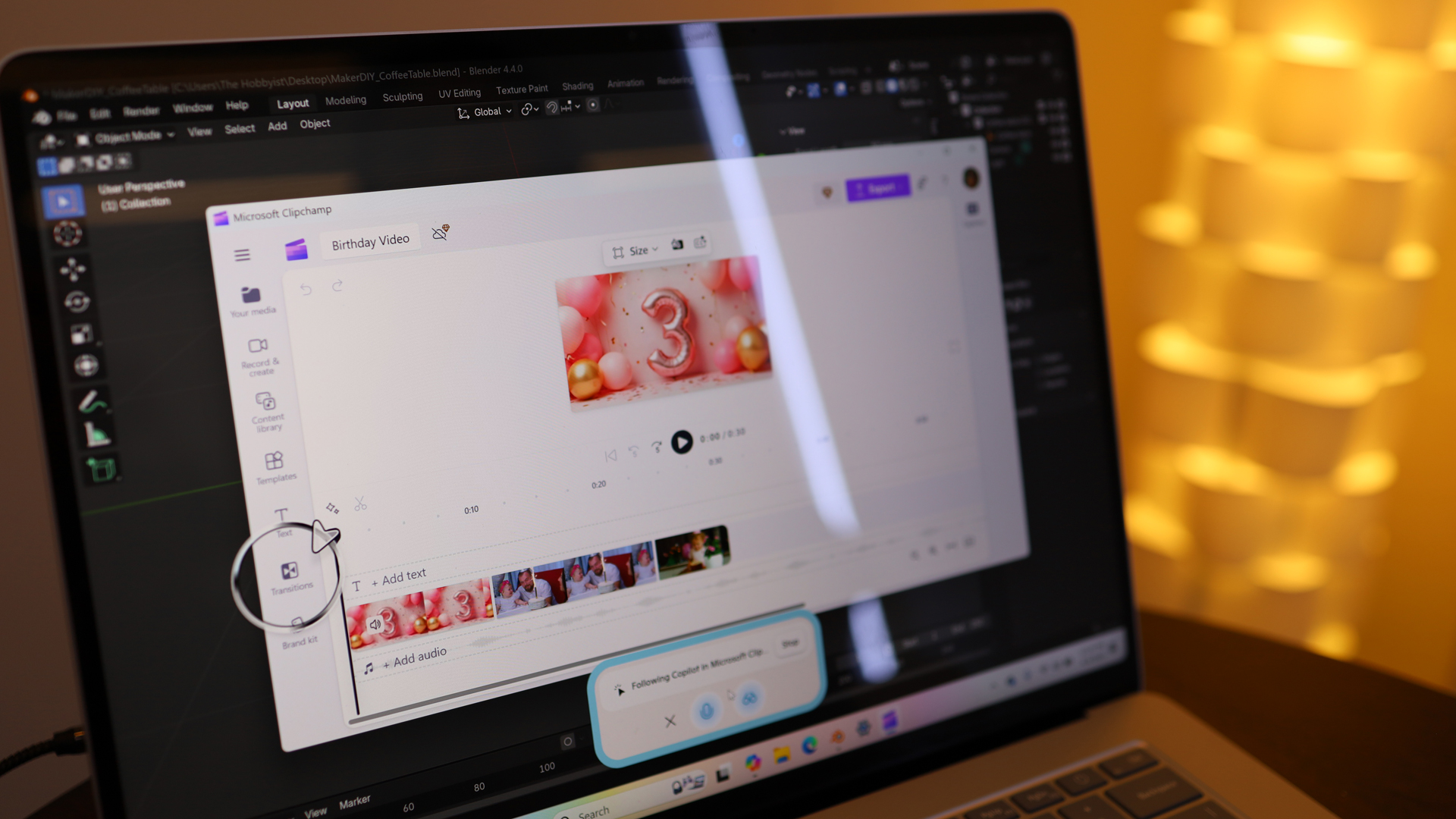







































.jpg)
%20Abstract%20Background%20112024%20SOURCE%20Amazon.jpg)








